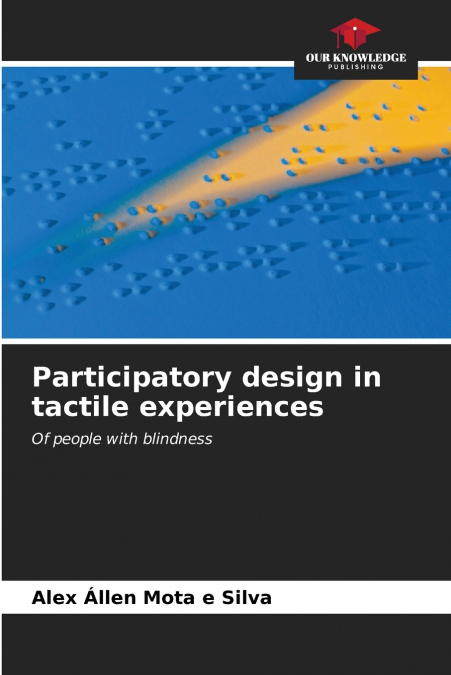
 Librería Perelló (Valencia)
Librería Perelló (Valencia)
 Librería Aciertas (Toledo)
Librería Aciertas (Toledo)
 El AlmaZen del Alquimista (Sevilla)
El AlmaZen del Alquimista (Sevilla)
 Librería Elías (Asturias)
Librería Elías (Asturias)
 Librería Kolima (Madrid)
Librería Kolima (Madrid)
 Donde los libros
Donde los libros
 Librería Proteo (Málaga)
Librería Proteo (Málaga)
The inclusion and empowerment of people with visual impairments are recurring themes that are increasingly being discussed in various fields of knowledge. From the perspective of contemporary art, in exhibition environments, this reality is still a major obstacle, because for centuries and even today, art exhibitions have always been aimed at the visually impaired, alienating those who have never seen with their eyes, but rather with their other senses. The aim of this study was to make works of art on canvas accessible to people with visual impairments and to help build up a tactile and imagistic repertoire, especially for people with congenital blindness. Thinking about and designing inclusion and accessibility actions represents insertion and the desire to enable equity between individuals, as it allows people with disabilities or any type of limitation not to be neglected.